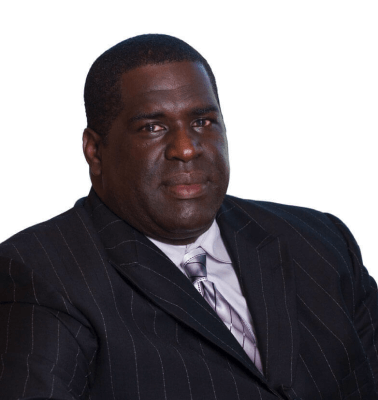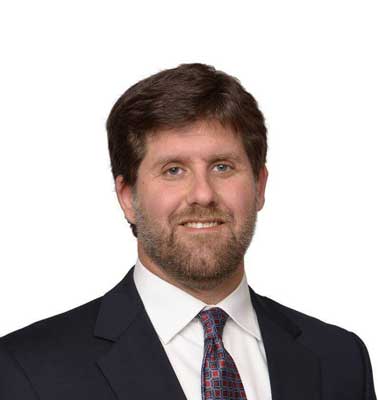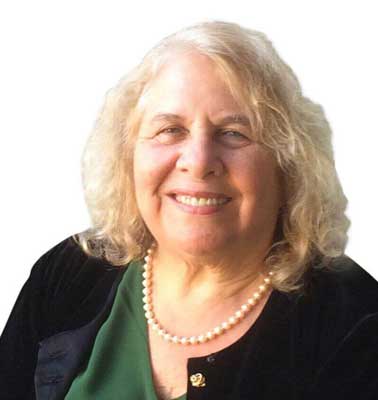The “send a message” closing argument in a DUI trial
Successful DUI attorneys will seize the chance to make a persuasive closing argument
Closing argument is the time that a DUI defense attorney can make a personal appeal to the jury. It is the opportunity for the defendant’s lawyer to be a true advocate.
Although each drunk driving case is different and somewhat limited to its facts, there are recurring themes that experienced defense attorneys can effectively argue to the jury during closing. Two strong weapons available to a defense lawyer in closing argument are the presumption of innocence, and the requirement that any defendant (even one accused of drunk driving) must be proved guilty of the charges brought by the state beyond a reasonable doubt. In many cases, the state will not be able to prove beyond a reasonable doubt that the defendant is guilty. In those situations, the defendant is not guilty under the law and is entitled to a verdict in his or her favor.
Additionally, a knowledgeable DUI lawyer can use the fact that drunk driving is an extremely unpopular crime, and that those accused of drunk driving now wear the scarlet letter, to the defendant’s advantage in closing argument.
How the DUI attorney asks jurors to send a message
Many times the prosecutor in closing argument will ask the jurors to “send a message”: that criminal conduct will not be tolerated; that the community will not stand by and allow the dangers of drunk driving to go unpunished; that these jurors must let everyone know that drunk drivers will be convicted and will be made to face the consequences of conviction.
A sophisticated DUI defense attorney will anticipate the prosecutor’s argument and turn it against the state. By doing so, the defense attorney is using the “send a message” theme to the defendant’s advantage.
Consider the following example of a DUI defense lawyer’s closing argument:
“Ladies and gentlemen, I have only one opportunity to address you. After I finish, Mr. Jones, the prosecutor, will have his chance and he’ll probably tell you to send a message in this case. He’ll ask you to tell the community that drunk drivers will not be tolerated. And he’ll ask you to return a guilty verdict, to convict my client, Margaret Baxter.
A message should be sent in this case. And it is your solemn duty to send it. But it is not the message that the prosecutor wants sent. No, that message is much too simple, too easy, too contrived. It does not require thought, analysis and a careful weighing of the facts of this case. Rather, it requires only passive acceptance of the prosecutor’s invitation to send a message that drunk driving is bad. Who could possibly argue with that premise? Of course drunk driving is bad. Of course everyone wants it to stop. Of course we all want safety and security on our highways.
Does that message have to be sent? Is that what this case is all about? You are the finders of fact. You are the conscience of the community. You are the only ones who can decide what happened in this case—not some other case—THIS CASE. Margaret Baxter has an absolute right to be judged by you. She is not a nameless, faceless, accused drunk driver who can be sent some anonymous message. She is someone who stands before you, individually and specifically accused of committing a specific crime at a particular day and time and in a specific manner.
No, ladies and gentlemen of the jury. This case will not be so easy. You took an oath to judge the case fairly and without bias. Without the bias of sending a message to someone else—whether it be some as yet unidentified and unaccused drunk driver or to the community at large. You must judge this case on its own merits. You must decide whether the state has proved that my client, Margaret Baxter, is guilty of driving under the influence of alcohol on May 11, 2010. Not someone else. Not some other time. Not some other place. Margaret Baxter is on trial; and she must be judged as a human being.
Yes, ladies and gentlemen, a message must be sent. A message must be sent that you will not surrender to pressure. You will not succumb to the easy way out. You will not abandon your duties. You will be true to the oaths you took at the beginning of this case. You will judge fairly—unswayed by what you or I or the judge or the prosecutor or the public may think about drunk drivers, or the crime of drunk driving generally. You must send a message. But the message is that our constitution is bigger and stronger and more important than the crime of drunk driving. You must send a message that the public outcry will not supplant our values, our requirements, our obligations, our oaths to do justice. That is the message that must be sent. It is the only message that your consciences and your oaths will allow to be sent. And in sending that message you can only return a not guilty verdict.
Send your message. And send Margaret Baxter home.”
In this way, the experienced DUI defense attorney embraces the “send a message” theme as the defendant’s theme. The defense attorney can also devote other portions of closing argument to specific defects in the prosecution case, all against the backdrop of the defense theme. Delivering a compelling closing argument at trial in a drunk driving trial is one of the crucial ways in which a DUI attorney can help the defendant’s case.













